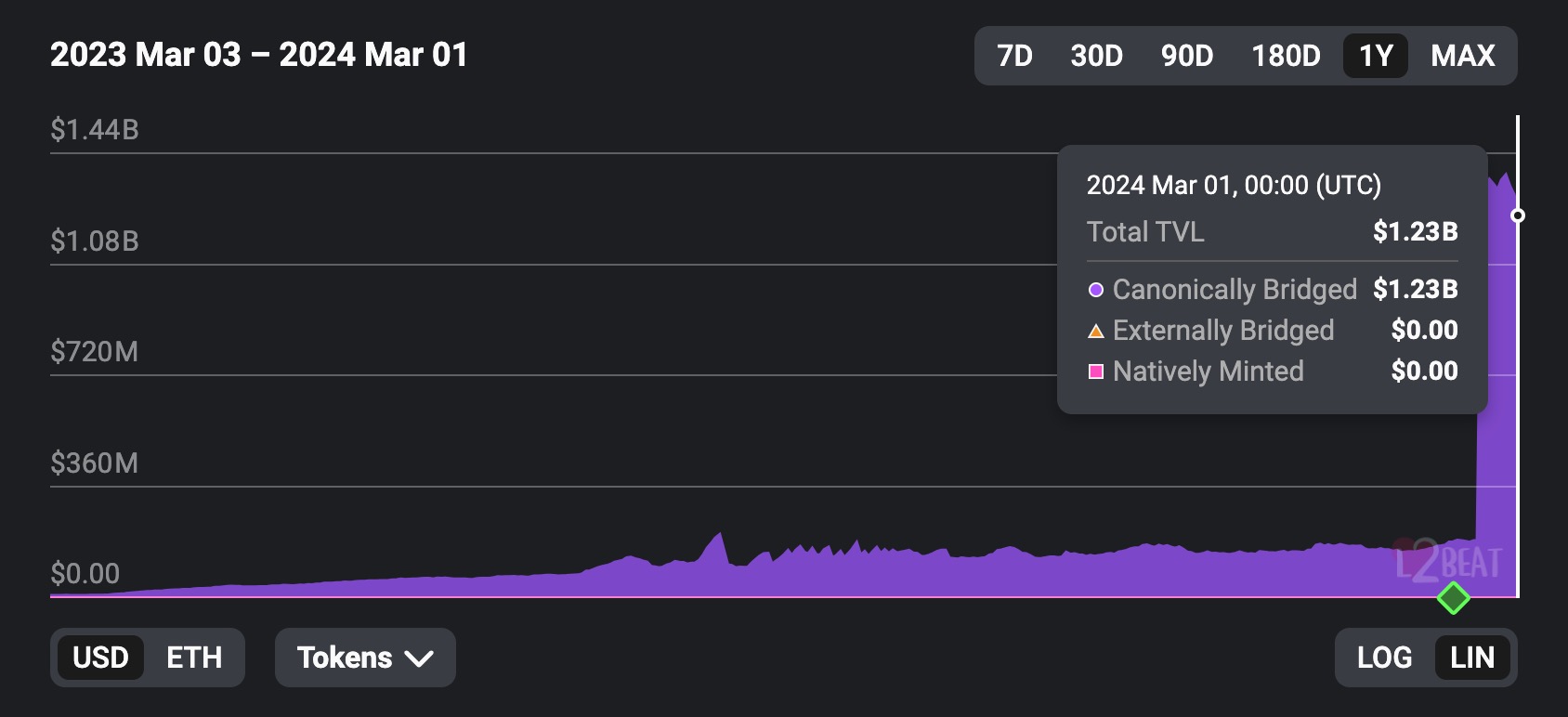StarkWare has introduced Stwo, an open-source prover leveraging zero-knowledge (ZK) technology, with the goal of enhancing proving speed and reducing transaction costs for users.
The newly launched Stwo prover on Starknet is designed to condense transactions by producing cryptographic proofs swiftly. By expediting proof generation, Stwo aims to curtail processing expenses for StarkWare, ultimately leading to reduced user fees, as outlined in a press release on February 29.
This is Stwo-good-to-be-true!
We are proud to announce: Stwo, our next-gen Circle-STARK-based prover✨
Stwo will be built based on the recent mathematical advancement of Circle-STARKs to create super efficient and fast proofs. Yep, that means super scaling✨
This trail-blazing… pic.twitter.com/45TpNLoow4
— StarkWare (@StarkWareLtd) February 29, 2024
Oren Katz, StarkWare’s Chief Operating Officer, highlighted the transformative potential of Stwo for the protocol, stating, “Stwo will bring new possibilities for scaling. And they’ll be available for everyone, given that it will be open-source from Day 1.”
The open-source nature of Stwo allows any interested party to run the prover and access its codebase, facilitating the integration of Stark-based systems by developers. Over time, both Starknet and Starknet app chains are expected to benefit from Stwo’s capabilities, leading to decreased latency and processing costs, ultimately translating into lower user fees.
Describing the prover as the cornerstone of STARK technology, Katz emphasized its pivotal role in Ethereum scaling. The implementation of Circle STARK within Stwo is anticipated to bolster Ethereum’s scaling efforts by enhancing proof generation efficiency.
Zero-knowledge proofs (ZK-proofs) enable users to validate specific information without disclosing the information itself, enhancing privacy and security in transactions.
StarkWare’s Starknet ZK-rollup currently ranks as the fourth-largest layer 2 solution, boasting a total value locked (TVL) of $1.23 billion, according to L2Beat data. Starknet stands out as the leading ZK-rollup platform by TVL, followed closely by zkSync Era with $796 million locked.

StarkWare envisions a fully open-sourced Starknet stack in the future, aligning with its vision for a decentralized and permissionless layer-2 blockchain network.
The increasing interest in privacy-preserving technologies utilizing ZK-proofs is evident, with initiatives like the Humanity Protocol leveraging ZK-powered biometric palm recognition for Web3 identity verification. Supported by prominent venture capitalists, Humanity Protocol aims to provide a less intrusive biometric verification alternative, garnering support from leading firms like Hashed, CMCC, Cypher Capital, Foresight Ventures, and Mechanism Capital.












